On 30th April 2025, at the 10th Our Ocean Conference in Busan, the EU IUU Fishing Coalition convened a high-level side event — From Ocean to Plate: The Role of Technology and Harmonisation in Ensuring Seafood Traceability and Fighting Against IUU Fishing — bringing together government representatives, civil society, and international experts from across the globe. The panel underscored a growing international consensus: that robust, digital, and harmonised import control systems are vital to ensuring imported seafood is legal, traceable, and free from human rights abuses.
Co-organised with the Coalition for Fisheries Transparency, the IUU Forum Japan, the US IUU Fishing and Labor Rights Coalition, and the Korea Federation for Environmental Movement (KFEM), the event explored how governments can harness technology and collaboration to close loopholes that allow illegal, unreported, and unregulated (IUU) seafood to enter global markets.
Moderated by Beth Lowell, Vice President for the United States at Oceana, the panel featured senior representatives from the European Commission, Japan, the Republic of Korea, and the Republic of the Marshall Islands, alongside civil society experts Dr Lizzie McCloud, Global Ocean Director, The Nature Conservancy and Kim Sol, Activist and Campaigner, Korea Federation for Environmental Movements (KFEM). These diverse perspectives painted a shared picture: IUU fishing is a global problem demanding shared solutions.
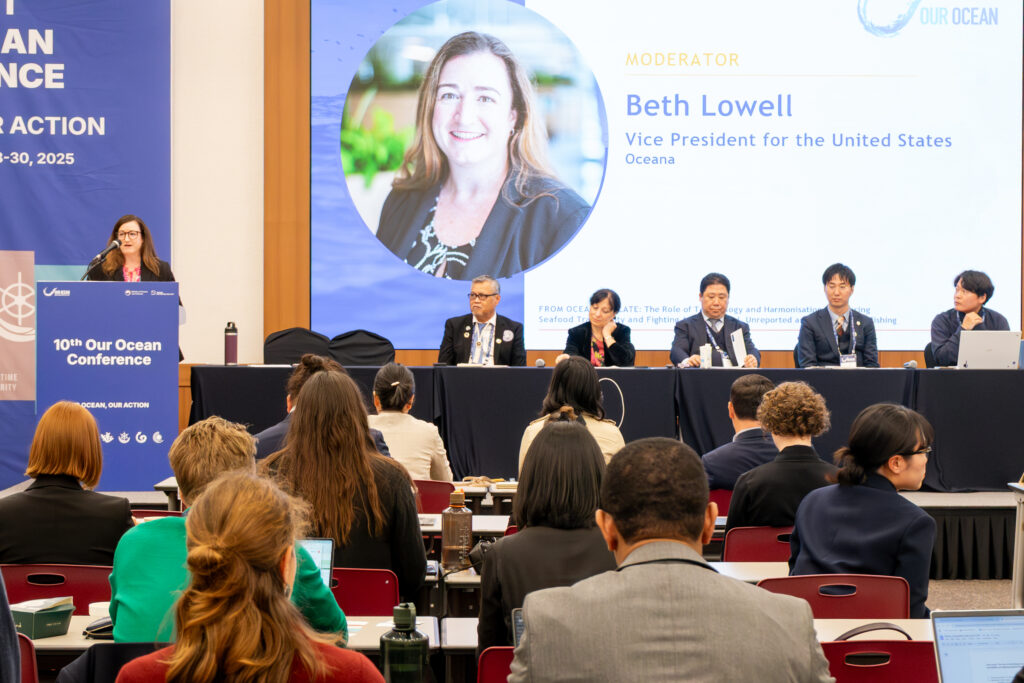
Photo credit: Oceana/Franz Mahr
Global leadership in action: national systems moving forward
Several speakers presented their countries’ progress in strengthening import control schemes and traceability tools — with a clear call for increased coordination.
Dr Lizzie McCloud, Global Ocean Director, The Nature Conservancy
“A fundamental shift toward harmonized seafood traceability systems is critical to advancing this year’s Our Ocean theme, “Our Ocean, Our Action.” It is clear you cannot manage what you cannot measure, and as our panel addresses policy and technology like electronic monitoring, I am pleased to highlight the Nature Conservancy’s Tuna Transparency Pledge, a global initiative – of which countries have, at this Our Ocean, committed to joining – aimed at achieving 100% on-the-water monitoring, through electronic monitoring and/or human observers, on all industrial tuna fishing vessels by 2027.”
Beth Lowell, Vice President for Oceana in the U.S.
“We really need to ensure that the systems that are in place now and those that are being created around the world are harmonised. If every country is asking for different information in a different format, it presents a significant challenge to industry and makes it difficult to foster inter-governmental collaboration as needed to fight IUU fishing.”
Glen Joseph, Director, Marshall Islands Marine Resources Authority, highlighted the importance of technology and electronic monitoring in the future of sustainable fisheries:
“Technology plays an important role in our effort to manage [tuna] fishing, and with electronic monitoring…we recognise that technology is the future for managing the [tuna] fishery…and that it will benefit coastal states.”
Charlina Vitcheva, Director-General for Maritime Affairs and Fisheries, European Commission, stressed the importance of digitalisation and cross-border collaboration:
“The basis of our system is the catch certification system and up until the revision of the IUU Regulation, it was based on paper. Now it is fully digitalized, and that closes the loop of many risks of fraud or IUU-sourced fishery products from slipping into the European market. As we have a zero tolerance policy towards IUU fishing, it’s not only about preventing illegal fishing activities from taking place, but also using our market towards that goal… Big market states have a big leverage to impose rules of transparency to the exporting countries.”
Yu Otake, Deputy Director, Fisheries Processing Industries and Marketing Division, Fisheries Agency of Japan, emphasised the importance of clarity and international cooperation for effective implementation:
“First of all, the effective and efficient operation of the CDS requires the understanding and the cooperation of the businesses and governments of the flag states and domestically… from the global aspect, international cooperation is indispensable for success.”
Yang Young-jin, Director General, National Fishery Products Quality Management Service, Ministry of Oceans and Fisheries, Republic of Korea, delivered a detailed presentation on Korea’s recent expansions of the Catch Documentation Scheme for the three species covered.
“According to the EU IUU Coalition’s recommended data set, our new catch certificate requires more data fields to be submitted: for example, IMO numbers, call signs, fishing gear. The simplified version also requires additional data fields such as fishing areas and transshipment locations. With this revision, we look forward to ensuring better traceability and transparency, and meeting the global standards on the implementation of the CDS to completely prevent illegal catches from entering Korean ports.”
Kim Sol, Activist and Campaigner, Korea Federation for Environmental Movements (KFEM), brought a passionate civil society voice to the panel and wrapped up our discussions:
“The ocean has great strength, it can recover if we act in time. But if overfishing and that destruction continues, the damage may become permanent. As the host country attends Our Ocean conference, Korea has a responsibility to lead with bold and credible commitments. We call on our government to establish a clear roadmap for making seafood traceability mandatory for all species; the system must go beyond basic requirements and ensure disclosure of all core data.”
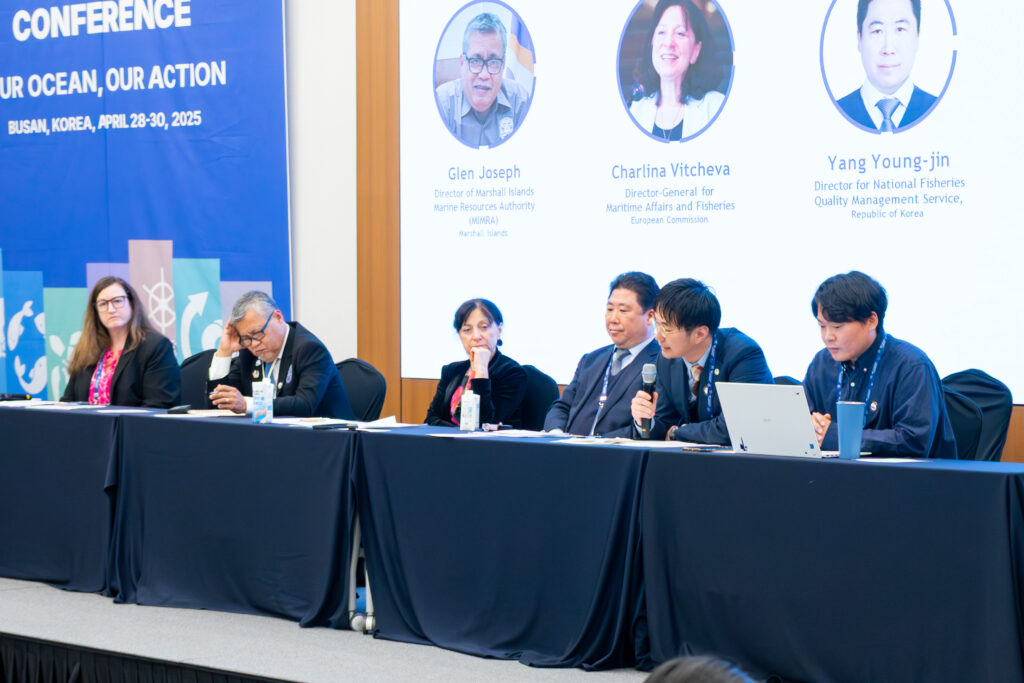
Photo credit: Oceana/Franz Mahr
The bigger picture: harmonisation to ensure lasting change
While individual progress is encouraging, panellists agreed that meaningful reform depends on harmonised rules and the political will to implement them. Divergent standards, limited data-sharing, and technical barriers still allow IUU products to flow into supply chains undetected.
This was also the central message of the EU IUU Fishing Coalition’s recent report, launched at the Our Ocean Conference. Comparing import control systems in the EU, US, Japan, and South Korea, the report calls for shared minimum standards and investment in digital, interoperable systems that leave no room for IUU operators to exploit.
Looking ahead: an opportunity for joint action
As attention turns to upcoming international processes — notably the UN Ocean Conference in Nice — the EU IUU Fishing Coalition urges governments to build on the momentum from Busan.
By strengthening cooperation, supporting capacity development in exporting states, and prioritising harmonisation and interoperability, we can achieve a future where seafood on our plates supports legal livelihoods, human rights, and healthy marine ecosystems.
We thank all our partners, panellists, and participants for contributing to a dynamic and forward-looking discussion — and look forward to continuing this work together, from ocean to plate.
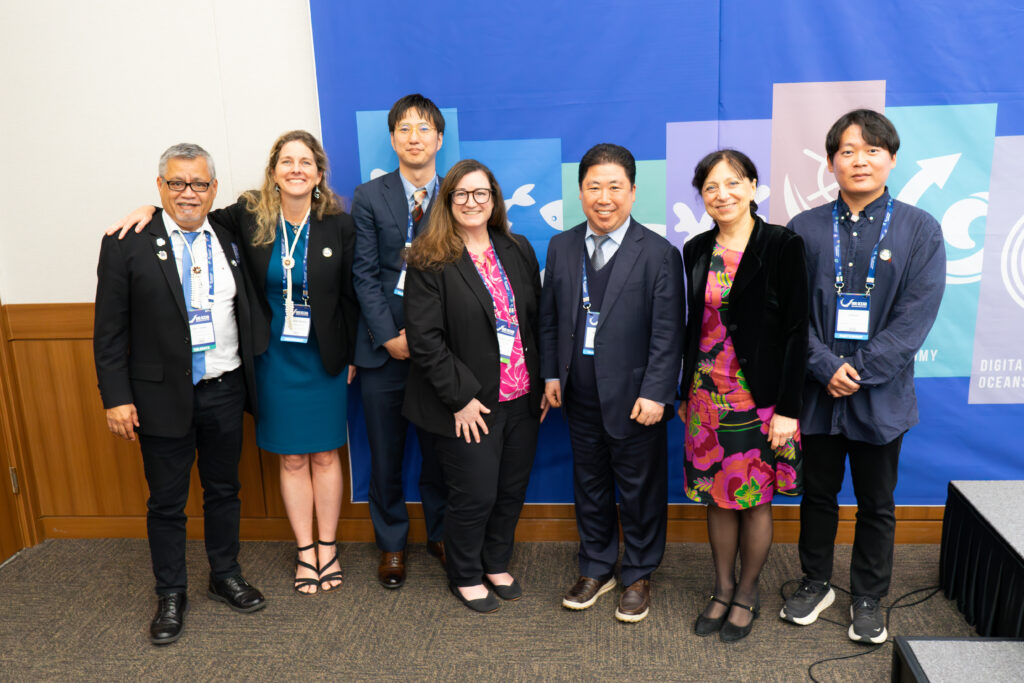
Photo credit: Oceana/Franz Mahr
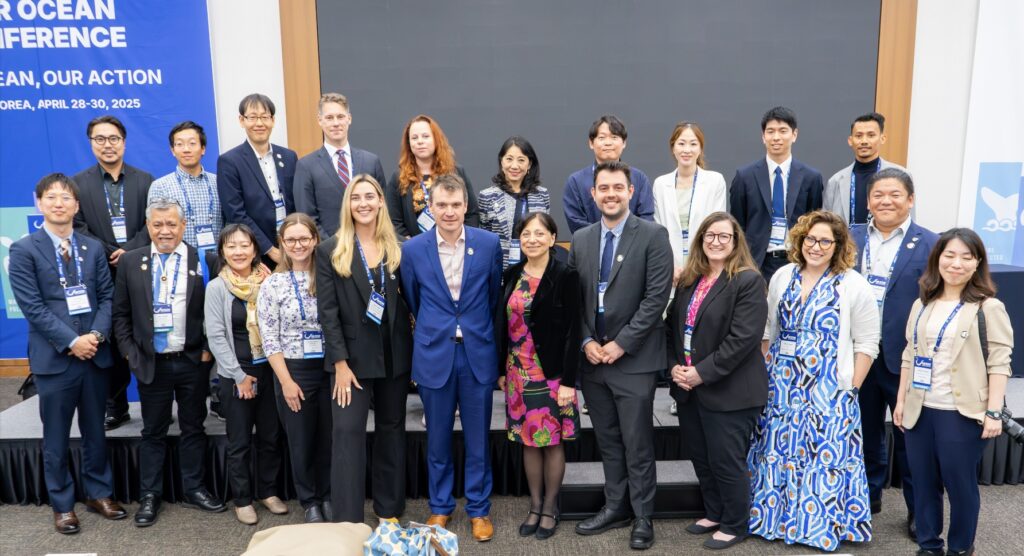
Photo credit: Oceana/Franz Mahr
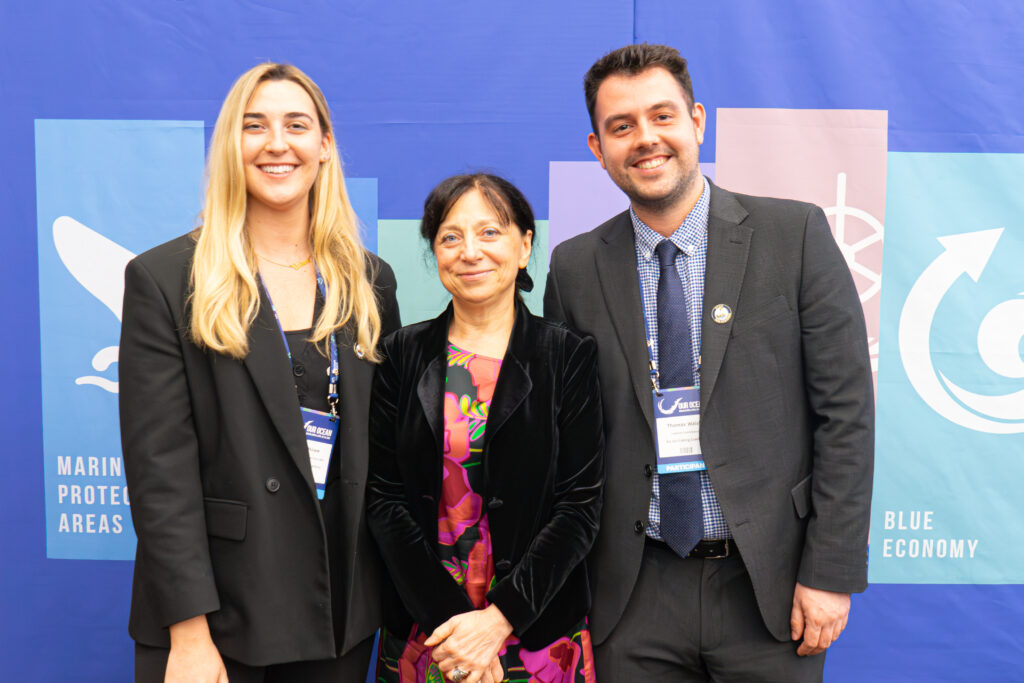
Photo credit: Oceana/Franz Mahr
